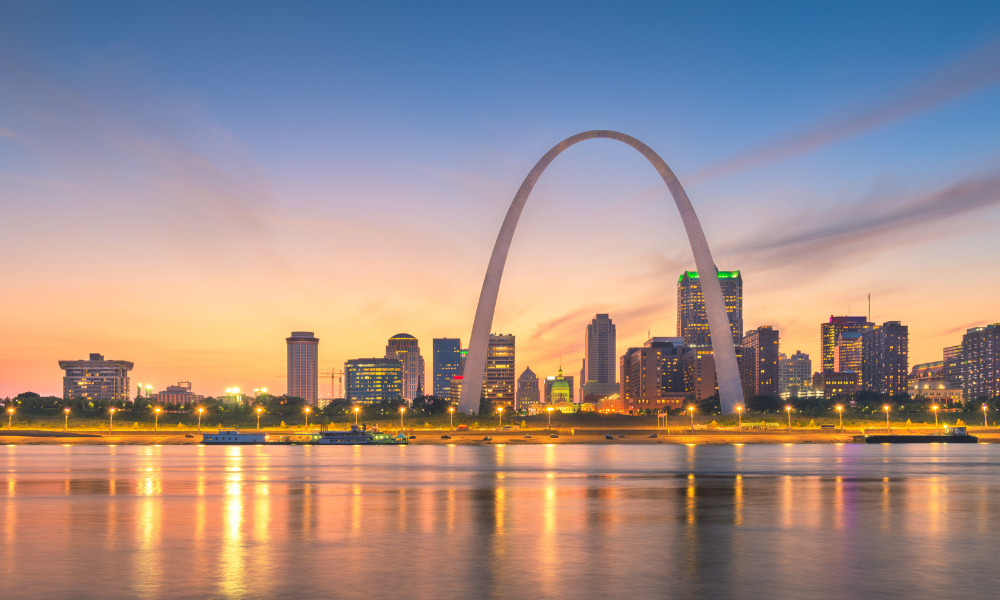Natural disasters happen. Although no one can predict when they will occur, homeowners insurance can give you peace of mind. First, however, it is essential to understand what qualifies as a natural disaster under the terms of your policy. Homeowners insurance covers a vast range of natural disasters, including those caused by fire, tornadoes, hail, explosions, windstorms, volcanoes, hurricanes, and extreme cold.
That said, homeowners insurance does not cover some natural disasters, such as floods, earthquakes, and mudslides.
Examples of Natural Disasters Homeowners Insurance May Cover
It would be best if you didn’t have to guess about which natural disasters a homeowners insurance policy covers, so be sure to ask questions and consult with your agent to clarify these points. In addition, you should be clear about the coverage limits of your policy. Without adequate coverage, you might end up having to foot the bill for something you did not expect to pay. Here are some examples of natural disasters and how your homeowners insurance policy can be applied:- Hurricanes: A hurricane can cause severe structural damage to your home, and you may also lose some cherished personal items.
While damage and losses caused by wind and hail are usually covered, flood damage is separate in most cases. You will likely need a different policy to cover these events, so be sure to ask your insurance agent to ensure your property is protected.
- Fires: Unless you live in an area particularly susceptible to wildfires or when a fire was set on purpose, your homeowners insurance policy should cover fire-related damage. Additionally, if you have very valuable items in your home, such as fine jewelry, you should have them appraised for a scheduled personal property endorsement. Otherwise, they will have little or no coverage.
- Extreme cold: Homeowners insurance policies typically cover damage caused by extreme cold.
For example, if your home or personal belongings are damaged from the weight of ice or snow, they will likely be covered. On the other hand, if ground snow melts and seeps into your home, resulting in water damage, this is likely not covered unless you have a separate flood insurance policy.
Keep Your Home and Property Protected with Homeowners Insurance
A natural disaster could potentially cost you everything, but homeowners insurance can help cover these losses, so you can protect what matters most to you. Our agency will work with you to understand your needs, ultimately finding the most effective policies to protect your home and belongings at a price you can afford.With our team at your side, you can rest easy knowing that you will be prepared whenever nature strikes. Connect with us today for the personalized attention and fast service you deserve.Original Article







